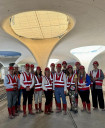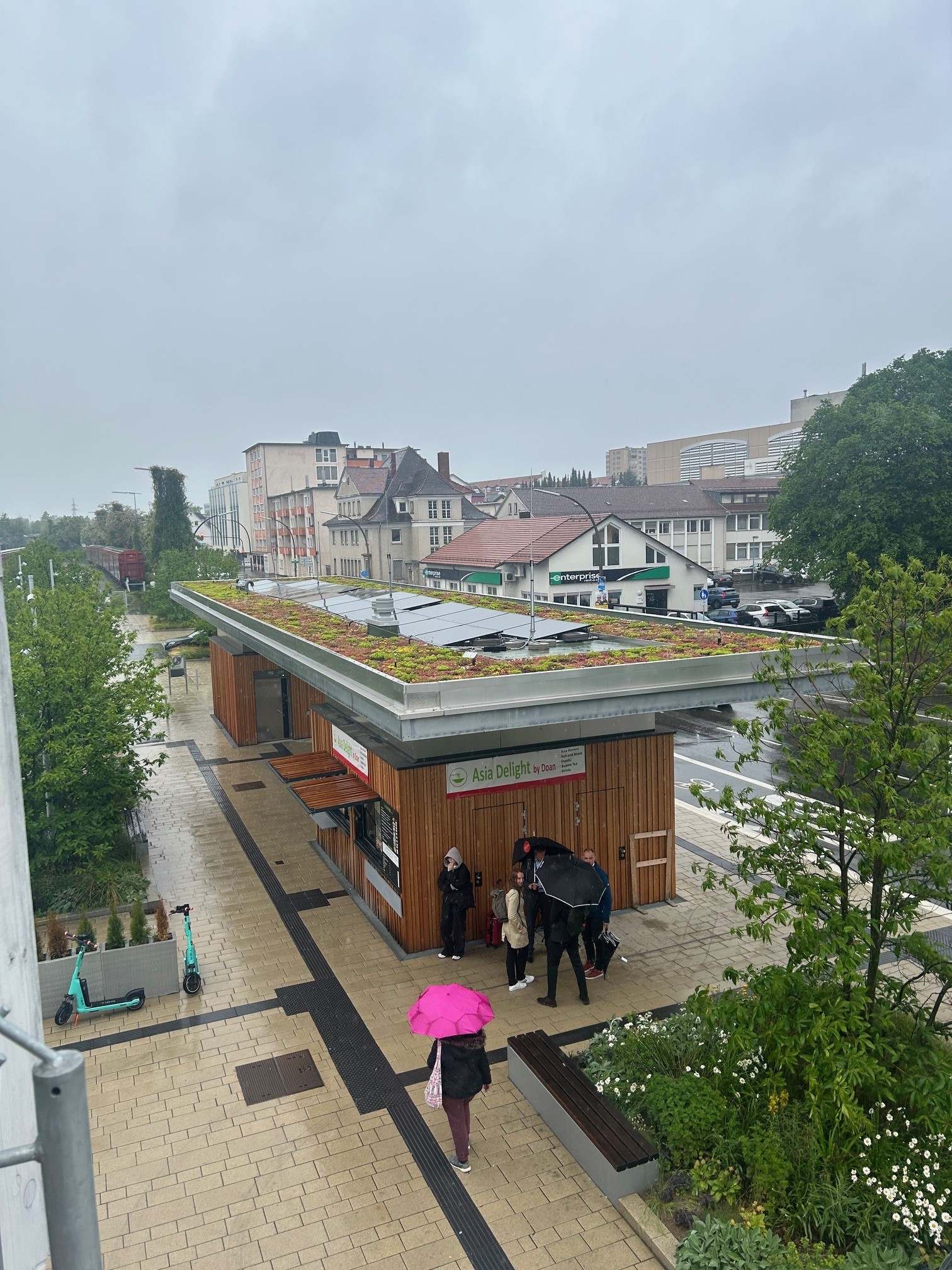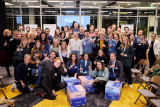I would like to make call for your collaboration. I am working on a case study about food transport in Amsterdam. I am looking to get to know people that are related to the topic. I am particularly interested on innovative ways of transporting food within the city.
Case Study Food Transport in Amsterdam. Contacts needed.







@jessicaspadacini this might be interesting for you as well!
@claricevanmanen
Thank you so much for your answer. I have already read that document. It is so interesting. However, I am looking for more empirical data since I am writing an article for my PhD. But once again I really appreciate your answer.
Best regards,
Moises
@aernoutakiackerman
Thank you so much for your answer. I really appreciate it. And of course I would really appreciate to talk about this very interesting automated transport that you mention. I am very looking forward to talk to you.
Best regards,
Moises C
Hi Moises,
http://www.hva.nl/carem/gedeelde-content/publicaties/publicaties-algemeen/2016/organising-smart-city-projects.html
In this article you find a study about 12 cases/start-ups, 4 of them are in the theme mobility.
I hope it is useful for you, best wishes,
Clarice van Manen
Dear Moises,
If you are looking for automated/zelfdriving transport I am happy to help where I can. Especially connecting food and automated transportation.
With best regards,
Aki
Hi Moises, you can also put your question in the Requests section: www.amsterdamsmartcity.com/requests. The question will be better visible there! :)